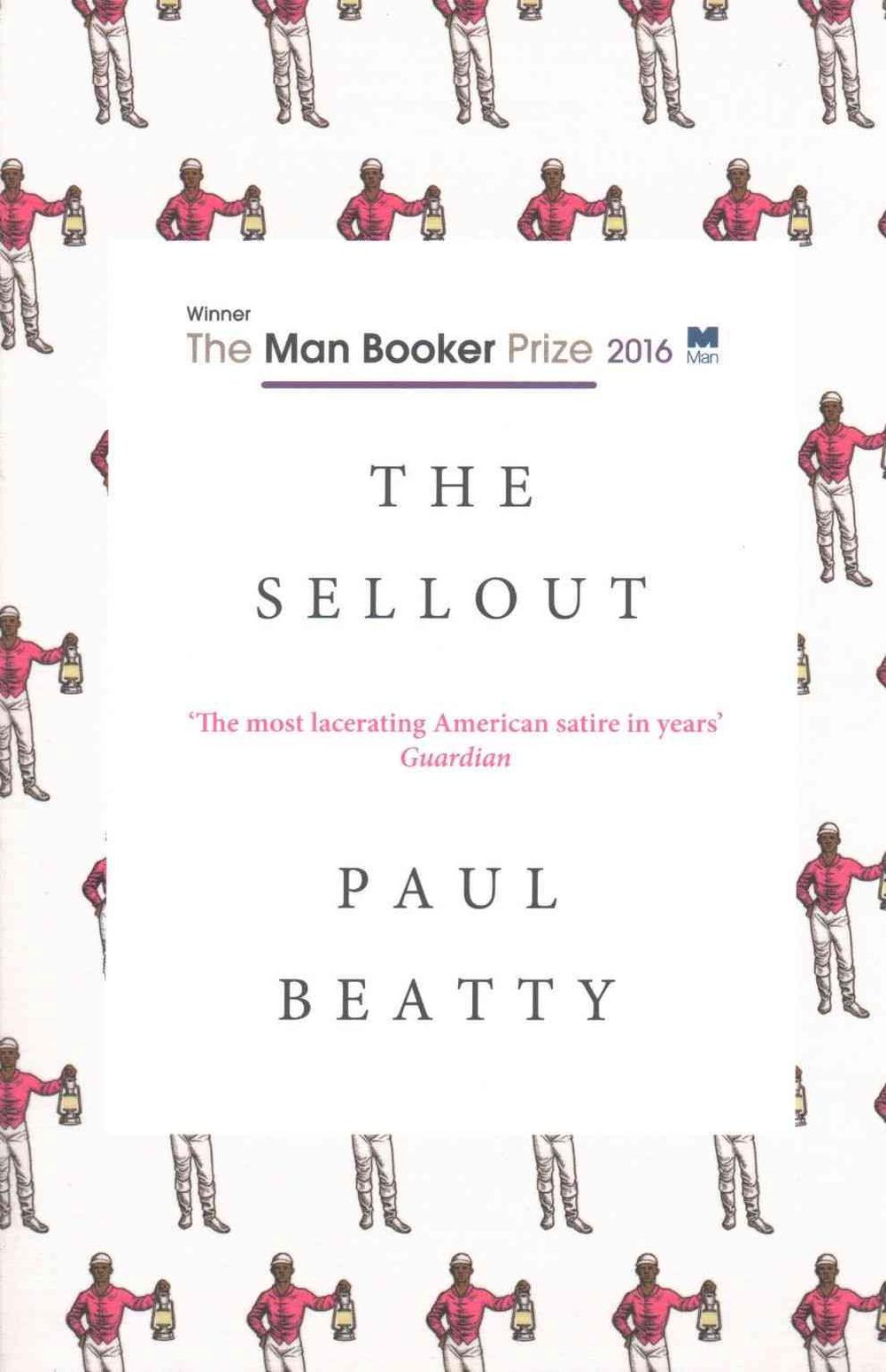

In his trademark absurdist style, which has the uncanny ability to make.

Fuelled by despair, the narrator sets out to right this wrong with the most outrageous action conceivable: reinstating slavery and segregating the local high school, which lands him in the Supreme Court. What’s more, Dickens has literally been wiped off the map to save California from further embarrassment. The general flowering of subversively satirical black voices in recent decades is a nec- essary and welcome development, stimulating as it does a variety of alternatives to the modest proposals for addressing racism in its contemporary forms. All that’s left is a bill for a drive-through funeral. The Sellout picks up and runs with the baton that Ross’s premature death in 1985 left ly- ing on the track. But when his father is killed in a drive-by shooting, he discovers there never was a memoir. He is told that his father’s work will lead to a memoir that will solve their financial woes.

The most badass first 100 pages of an American novel I’ve read.’ New York TimesĪ biting satire about a young man's isolated upbringing and the race trial that sends him to the Supreme Court, The Sellout showcases a comic genius at the top of his game.īorn in Dickens on the southern outskirts of Los Angeles, the narrator of The Sellout spent his childhood as the subject in his father's racially charged psychological studies. The longer you stare at Beatty’s pages, the smarter you’ll get.’ Guardian Outrageous, hilarious and profound.’ Simon Schama, Financial Times


 0 kommentar(er)
0 kommentar(er)
